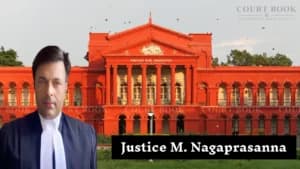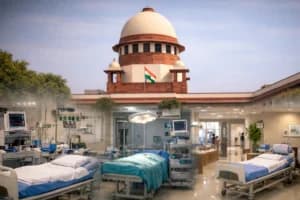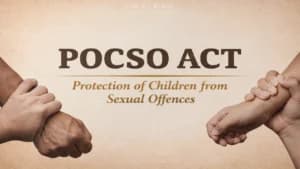The Indian Supreme Court has recently renamed its annual summer vacation to "Partial Working Days", sending a strong message - justice never takes a vacation. From May 26 to July 13, the Court heard urgent matters daily with at least two benches. At times, up to five benches were functioning, ensuring continuity by allowing judges and lawyers to take breaks on a rotating basis.
"This eventful period underlines that the judiciary is never truly on vacation, and justice can never be on vacation."
Ensuring fairness in NEET-PG 2025
In response to challenges raised by candidates over the two-shift format, the Supreme Court directed the National Board of Examinations (NBE) to conduct NEET-PG 2025 in a single shift to maintain fairness.
Read also: Rahul Gandhi Pleads Innocent in Savarkar Defamation Case, but Trial to Proceed
The bench headed by Justices Vikram Nath, Justices Sanjay Kumar and NV Anjaria emphasised:
"Uniformity in examination conditions is essential for maintaining the principle of fairness."
The court also allowed the NBE to extend the exam date till August 3 for proper implementation.
Action on violation of bail order
The court pulled up the Ghaziabad jail authorities for refusing to release an undertrial prisoner despite a bail order. The court cited a sub-section in the order.
Justice KV Vishwanathan called it a “mockery of the justice system”.
The court ordered an interim compensation of ₹5 lakh and summoned the jail superintendent in person.
Freedom of expression and ban on Thug Life film
In the Karnataka film ban case, the court considered the matter of an informal ban on actor Kamal Haasan's film Thug Life.
Justice Ujjwal Bhuyan asked, “Where are we heading? There is no end to hurt sentiments.”
The court said that once a film is certified by the CBFC, it should be released without pressure from the mob. The court criticised the Karnataka High Court's suggestion to ask the actor to apologise, saying it was "not the job of the High Court."
Protecting attorney-client privilege
The Court noted the growing concern over investigative agencies summoning lawyers to give legal advice to clients.
Justice Vishwanathan's bench raised two key questions as to whether lawyers can be summoned without judicial oversight, especially if their role is purely advisory.
The matter came after the Enforcement Directorate summoned senior advocates, which was opposed by the legal fraternity. The Court initiated a suo motu case to protect the autonomy of the legal profession.
Read also: Protection of Life Comes First, Even If Girl’s Age Was Misrepresented: Punjab & Haryana High Court in Runaway Couple Case
Bihar voter list revision
The Court examined the Special Intensive Revision (SIR) of voter lists in Bihar, which suggested linking of Aadhaar, voter ID card and ration card.
The bench said the EC's list of 11 documents was only illustrative and not restrictive.
The petition, supported by MPs and civil society groups, raised concerns about the risk of disenfranchisement of 4 crore marginalised voters.
Right to appeal of victim on acquittal
The court clarified that even if the victim is not the original complainant, he can appeal against the acquittal under Section 372 CrPC.
The bench emphasised:
“The definition of “victim” is wide, and the right to appeal is absolute.”
It also allowed appeals in cheque dishonour cases under this provision.
Environmental Protection: Delhi Ridge Case
The Court pulled up the Delhi Development Authority (DDA) for unauthorised felling of trees in the protected Delhi Ridge area.
It termed the act a “clear case of criminal contempt” and imposed a fine of ₹25,000 on each responsible officer.
The verdict reinforced the judiciary’s proactive stance on environmental protection.
Assam Fake Encounter Probe
Taking cognizance of 171 alleged fake encounters, the Supreme Court directed the Assam Human Rights Commission (AHRC) to conduct an independent probe.
The Court emphasised that
“Encounters cannot substitute for due process and their glorification undermines democracy.”
It acknowledged the petitioners’ reliance on state data and upheld the right to life under Article 21.
Appointments and Collegium Updates
During this period, three new judges - Justice NV Anjaria, Justice Vijay Bishnoi and Justice AS Chandurkar - joined the Supreme Court.
The Collegium recommended:
- New Chief Justices in 5 High Courts
- Transfer of Chief Justices of 4 High Courts
- Appointment of 5 advocates and 5 judicial officers in the Madhya Pradesh High Court
- Judicial appointments in the Delhi and Allahabad High Courts
Total 34 recommendations The decision was taken after interviewing 54 candidates.















